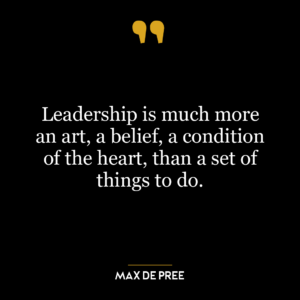This quote is a profound commentary on the concept of progress. It suggests that acknowledging the possibility or necessity of progress does not automatically imply that any progress has already been achieved. Essentially, it’s a reminder that optimism for the future or belief in the potential for improvement doesn’t equate to satisfaction with the current state of affairs. It’s a call for critical self-awareness, a reminder not to confuse hope for change with the illusion that change has already occurred.
In the context of personal development, this quote can serve as a reminder to not rest on one’s laurels. Recognizing the need for personal growth and improvement is just the first step. Believing in your potential to grow and change doesn’t mean you’ve already achieved your goals. It’s easy to fall into the trap of complacency, mistaking the recognition of a need for change with the actual implementation of that change.
In today’s world, this quote can be applied to various social, political, and environmental issues. For instance, acknowledging the need for climate change mitigation is not the same as having made significant strides in reducing global carbon emissions. Similarly, recognizing the importance of social justice does not imply that we live in a just society. This quote reminds us that recognizing the need for progress is not an end in itself but rather the beginning of a journey towards actual change.
Therefore, Kafka’s quote urges us to maintain a clear-eyed perspective on where we stand in relation to our ideals and goals. It’s a call to action, a reminder that belief in progress should serve as a catalyst for effort and change, rather than a source of premature self-congratulation.







